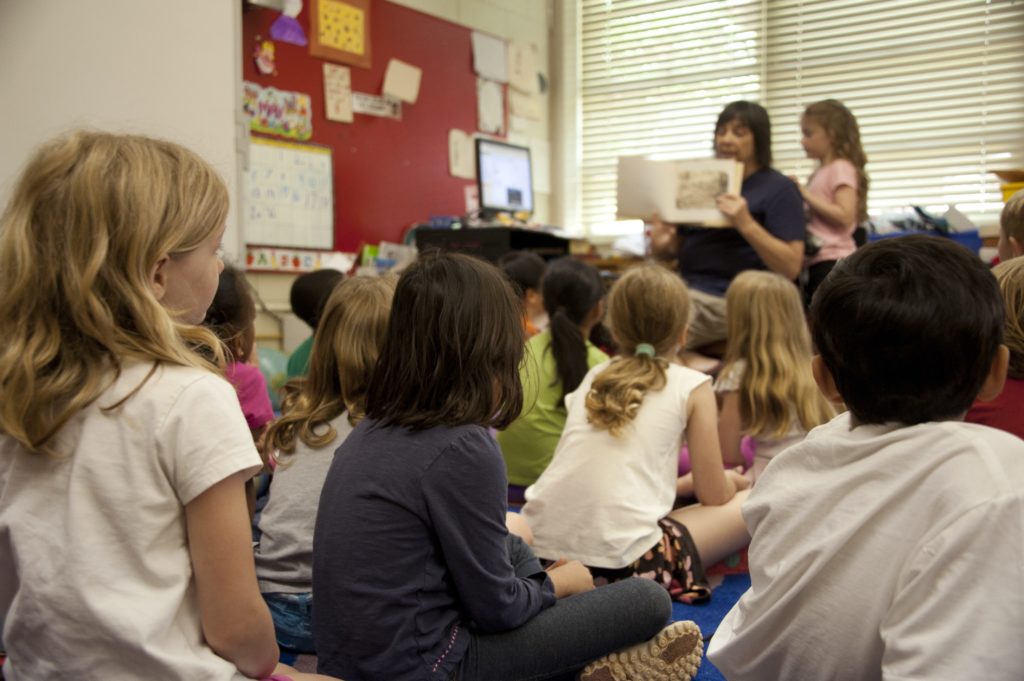Related Articles
Do Schools Destroy Creativity?
Even if only 2% of people in the whole universe can be considered “creative”, the trick is to find ways to access them and their ideas.
Research by Professor George Land has shown an alarming decline in our creativity as we go through the educational system. For example, when a group of 3-5 year-olds were tested for divergent thinking (a prerequisite to creativity), about 98% were rated as “genius in creativity”. The same children were tested again five years later and—alarmingly—the creativity geniuses had fallen to 32% of the sample. Even worse, when the same kids were tested again five years later when they were teenagers, only 12% were rated as geniuses in creativity. When a group of adults (over the age of 25) was given the test, only 2% received the “genius” rating.

These are of course depressing statistics, and people have used them to argue that there is something fundamentally wrong with our educational system. For example, Sir Ken Robinson has eloquently argued that instead of promoting our children’s curiosity and sense of adventure, schools tend to encourage conformity and kill creativity. He has passionately demanded a complete restructuring of the educational systems of the Western world.
Without disputing the need to re-think our educational systems, I wonder whether there is another way to look at these numbers. As most of us would agree, there are positive things coming out of our current educational system (along with the negatives). Thus, we should be careful not to destroy the positives in an attempt to remove the negatives. There is no sense in throwing the baby out with the bathwater.
Yes, schools teach us to conform. And yes, this harms our creativity. But conformity has its benefits as well—for example, it makes us better, efficient and law-abiding citizens. Rather than risk losing all this in an attempt to reclaim our creativity potential, how about if we keep the educational system as is and search for alternative ways to improve our creativity? For example, Jeff Howe, in his book Crowdsourcing, estimated that the probability of finding the correct answer in the game: Who Wants to be a Millionaire is increased by 65% when we phone a friend and by 91% when we ask the audience. This suggests that we don’t necessarily have to find the answer ourselves. All we need to do is ask someone else.
Academics call this Open Innovation—rather than try to come up with creative ideas yourself or on your own, it may be better to acknowledge that somebody else out there may already have the idea or the answer. Thus, even if only 2% of people in the whole universe can be considered “creative”, the trick is to find ways to access them and their ideas. The solution to our schools destroying our creativity is not to revamp our schools; it may be to practice “open innovation” in a more strategic way.
Costas Markides is an IMI associate who teaches on the Senior Executive Programme. Costas is Professor of Strategy and Entrepreneurship and holds the Robert P. Bauman Chair of Strategic Leadership at the London Business School. He is a researcher and widely published author on the topics of diversification, strategic innovation, business-model innovation and international acquisitions. He was named one of the Top 50 Most Influential Management Gurus by Thinkers50 in 2011.





